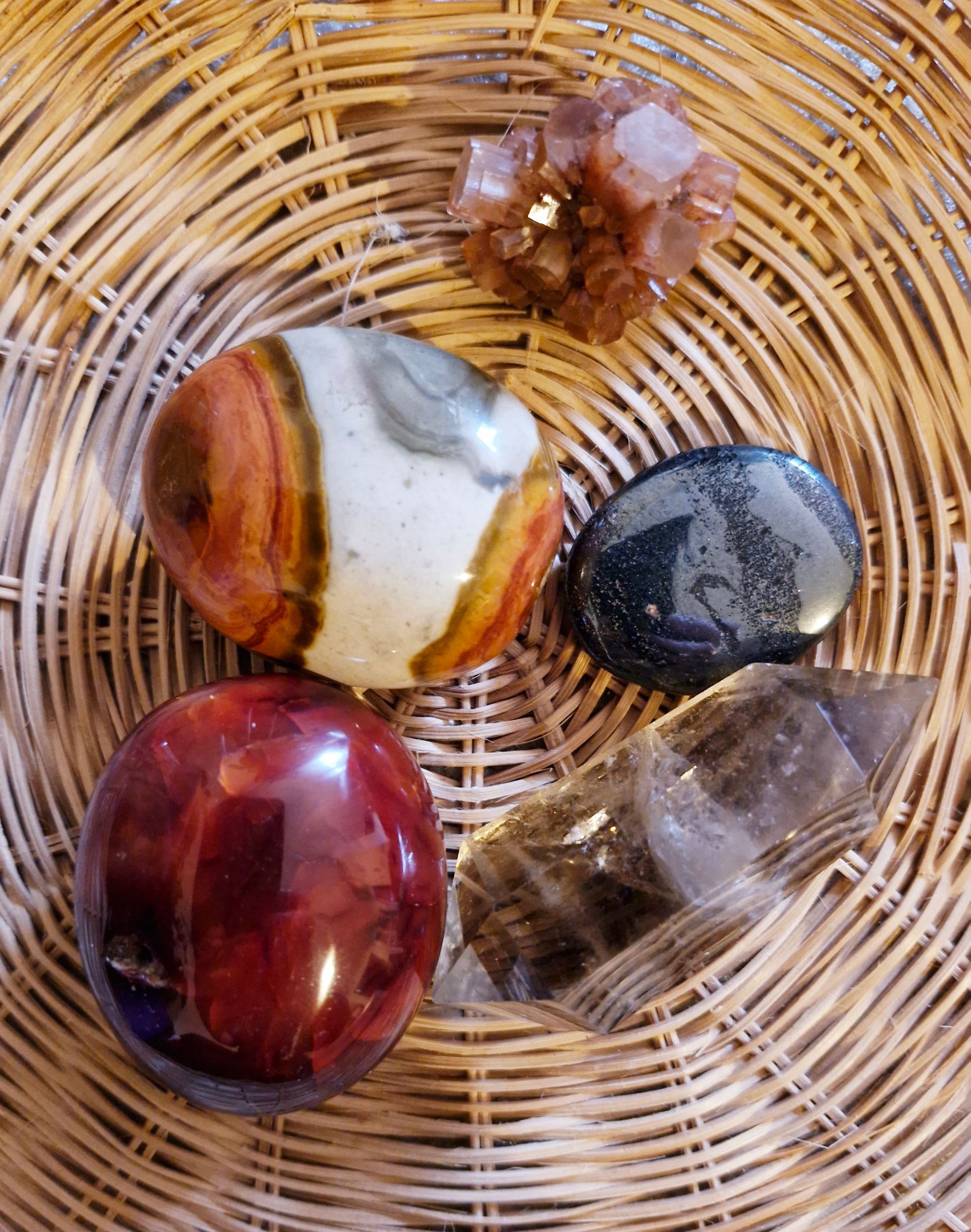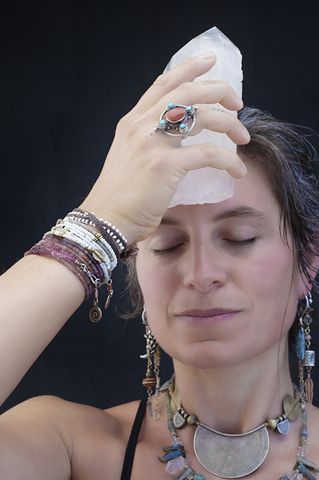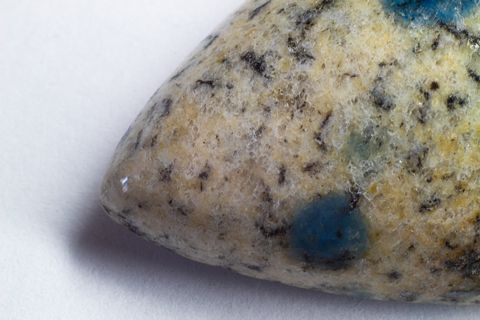Healing with Kaye Oakley
If I hear “New Year, New You!” one more freakin’ time ...
If guilt and shame were effective strategies for change, we'd all be billionaire supermodels

At this time of year, it seems that every second ad on TV or post on social media says something along the lines of “New Year, New You!”
And it makes sense – the beginning of the year is certainly a great time to take stock of what’s working in our lives, what isn’t, and how we want to change.
But so often it feels like those messages are coming from a place of telling us that we’re not good enough the way that we are – and if we just pulled up our socks, buckled down and paid them a ton of money – we could finally be better, acceptable people.
Shame sells.
Let’s face it though – if guilt and shame were effective strategies for change, everyone would be a billionaire supermodel.
Don’t get me wrong, I’m not suggesting we all give up on ever making positive changes in our lives and lie on the couch eating ice cream (unless that really makes you happy).
So what’s the alternative? I’m fond of this quote by the late Zen Buddhist monk Shunryu Suzuki:
“Each of you is perfect the way you are ... and you can use a little improvement.”
The wisdom traditions of Buddhism and yoga have a very different perspective about our essential nature and its worth than the one that many of us grew up with in western society (original sin, anyone?). Rather than seeing us as broken things that need to be fixed, but as something beautiful that might have been covered over with gunk that’s not actually who we are. So rather than fixing something broken or inherently bad, a positive way for us to make changes is to see them as lovingly polishing something precious to bring it back to the beauty and shininess that it was always meant to have.
That’s not just a philosophical nuance, it’s actually hugely practical.
If I’m trying to make changes in my life – say, to eat better or to move more – then my attitude towards myself can make a really big difference in terms of how those changes land and stick. Here’s an example. If I’m trying to eat more healthfully this year, and so forcing myself to eat celery every day because I think it’s something “good”, healthy people eat even though I HATE it (and I do!), then each time I eat celery I am quietly giving myself the following kinds of messages:
· I don’t deserve to enjoy my food
· Being healthy is painful and horrible
· I’m destined to always be unhealthy because I don’t intrinsically like celery
· I’m somehow broken and bad because I can’t force myself to like celery
If these are the kinds of messages that you are telling yourself, then rebelling against them isn’t a lack of willpower – it’s actually a form of liberating yourself from a cruel tyrant!
[I have nothing against celery per se, by the way, I’ve just hated it since I was a kid, so it seemed like a good example.]
Depriving ourselves of what we enjoy and forcing ourselves to consume/do things we hate is not a long-term strategy – or if it is long-term, then it’s a pretty miserable time (trust me, I know).
What if this year we loved ourselves and treated ourselves with kindness instead? IF you want to make changes – wouldn’t it be better to come from a place of treating ourselves as someone worthy of kindness, love and even pleasure? This approach is very different from what a lot of us might have done in the past. It involves getting to know ourselves well – our likes, dislikes, the things that we enjoy, the things we really don’t – and being willing to treat those preferences as being worth listening to. This might be really difficult if you’ve spent years disregarding yourself and putting your own wishes, desires and needs at the end of the line behind those of everyone else. So this might be a slow path of compassion and exploration.
To continue from the example above, if you were trying to eat more healthfully this year, rather than forcing yourself to subsist in a perpetual state of misery on celery and lettuce leaves, perhaps you could ask yourself the following questions:
· What foods do I actually like?
· What foods make me feel good when I eat them? What foods don’t?
· How conscious am I when I’m eating? Am I really paying attention?
· What stories am I telling myself about different types of food, what it means if I eat them, and are they still valid?
· How would I feed me if I thought I was someone important and deserving of love?
In some ways it would be easier to force yourself to eat celery and lettuce leaves than to ask yourself some of these questions.
And eating healthfully is just one example – this kind of thinking can apply to any changes we want to make – whether it be about our food, movement, lifestyle – whatever behaviour that we want to change.
It's about looking at yourself as something beautiful that is waiting to be polished up so you can shine, rather than something broken that needs to be fixed.
So none of this “New Year, New You!” nonsense. The you that is already here is perfect just as you are. But you might like to give yourself a bit of a polish this year so that you can really shine in all your perfection.
If you’d like a little help with that, get in touch.









